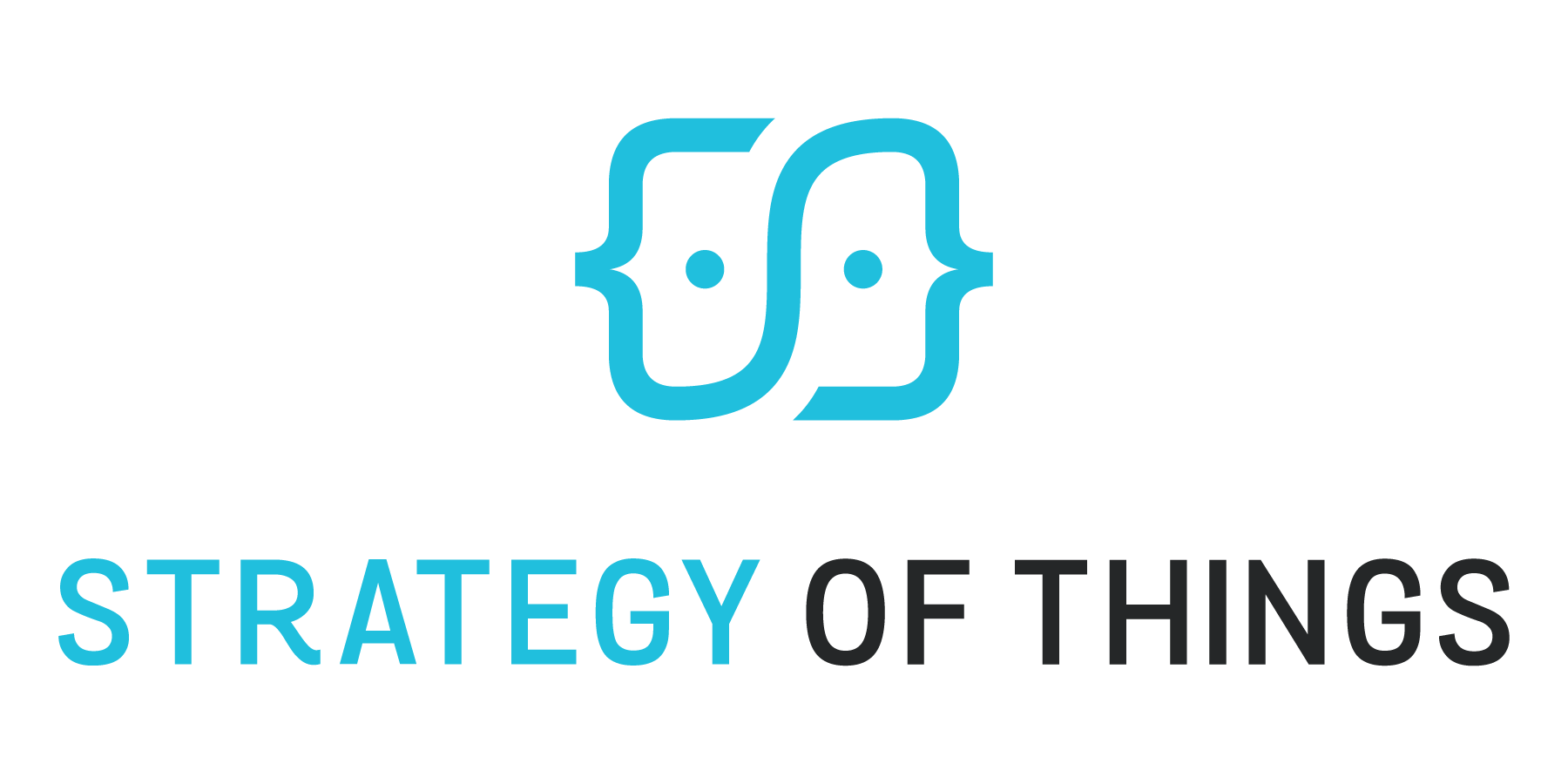Smart Buildings – What’s In It for Cities? (Part Two)
Smart buildings bring new and significant value to tenants, building owners and operators. These benefits range from increased tenant productivity and safety, lower operating costs, and higher satisfaction. But what value do smart buildings bring to cities?
This article, the second of two parts, describes a framework used to identify areas of value creation by smart buildings for the benefit of cities. A sample set of benefits, and a format for presenting these in a consumable format well suited for city leaders, is presented.





